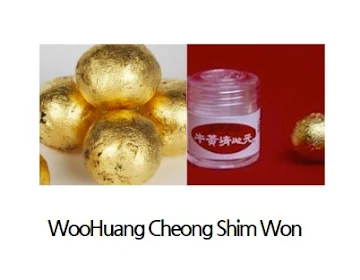Are sleepless nights taking a toll on your health and well-being? Acupuncture and Traditional Chinese Medicine/TCM offer effective, natural remedies to improve sleep quality and treat insomnia without relying on medication.
Understanding the TCM approach to Insomnia
In TCM, insomnia is viewed as a result of internal imbalances. This holistic persecctive allows practitioners to address the root causes, which often include:
1. Excessive Stagnation
Stress, emotional overload, poor dietary habits, or an imbalanced lifestyle can lead to stagnation of Qi/vital energy, heat, or damp/phlegm. This bloackage disrupts sleep and is commonly associated with the Liver and Stomach in TCM.
2. Deficiency States
Deficiencies in Qi, Yin, or specific organ functions, such as the Heart, can make falling or staying asleep difficult. Symptoms may include vivid dreams, restlessness, fatigue, loss of appetite, etc.
TCM-based Tips for Better Sleep
Adopting these natural practices can imprpove your sleep quality and support overall health:
1. Suan Zao Ren Tea (Zizyphi Spinosae semen)
- What is Suan Zao Ren? - derived from mountain date tree seeds, it is a widely used TCM herb to calm the mind/spirit and promote restful sleep. It nourishes the Heart and regulate the central nervous system, alleviating insomnia, irritability, anxiety, and night sweats.
- How to prepare Suan Zao Ren tea: lightly fry raw seeds over medium-low heat: simmer a spoonful of seeds in water for about 30 minutes: drink 30 minutes before bed.
- NOTE: avoid this remedy if you have severe diarrhea or excessive internal heat!
2. Relaxing Massage techniques
- Massage the spine, the center of soles and palms to reduce tension and prepare your body for sleep.
3. Healthy lifestyle habits
- Stick to a consistent wake-up time
- Avoid napping during the day
- Engage in physical activity earlier in the day
- Take a warm bath before bed
- Follow a balanced diet and avoid heavy or late-night meals
4. Sleep-Supporting Foods
- Milk, bananas, lotus root, pumpkin, lettuce, celery, garlic, blue-backed fish, green onion
- Cherry, almond, walnuts, apple, date,kiwi, date, etc.
- Minimize caffeine, alcohol, and nicotine consumption.
TCM Treatments for Insomnia
1. Acupuncture
Acupuncture is a proven method to restore balance and address sleep disturbances by harmonizing the nervous system. Modalities like moxibustion or cupping may complement acupuncture for enhanced results.
2. Herbal Remedies
- Woo Huang CheongShimWon/Hwan - This formula was originated from Song dynasty (960-1279ACD) particularly effective for insomnia with symptoms like anxiety, palpitations or nervousness. It is available in liquid form or small chewable herb balls.
Deficiencies in nutrients like Vit. B complex (3,6,9), Mg, Ca, and Iron can contribute to poor sleep. Supplementing these can help enhance sleep quality.
Why Choose Acupuncture for Insomnia?
Unline sleep medications that may cause side effects, acupuncture provides a natural, side-effect free approach to managing insomnia. By targeting the underlying imbalances, it promotes restful sleep and overall wellness.
If you're struggling with persistent sleep issues, consulting a licensed acupunturist can help you create a talored treatment plan.
At Naum Acupuncture, we specialize in addressing insomnia and related conditions with personalized, patient-centered care. Our expertixe in acupuncture and TCM ensures a comprehensive approach to your health and well-being.
Contact Naum Acupuncture info@naumaculover.com
646-926-0410/www.instagram/naum.acupunture
to start your journey toward better sleep and improved quality of life!




Comments
Post a Comment